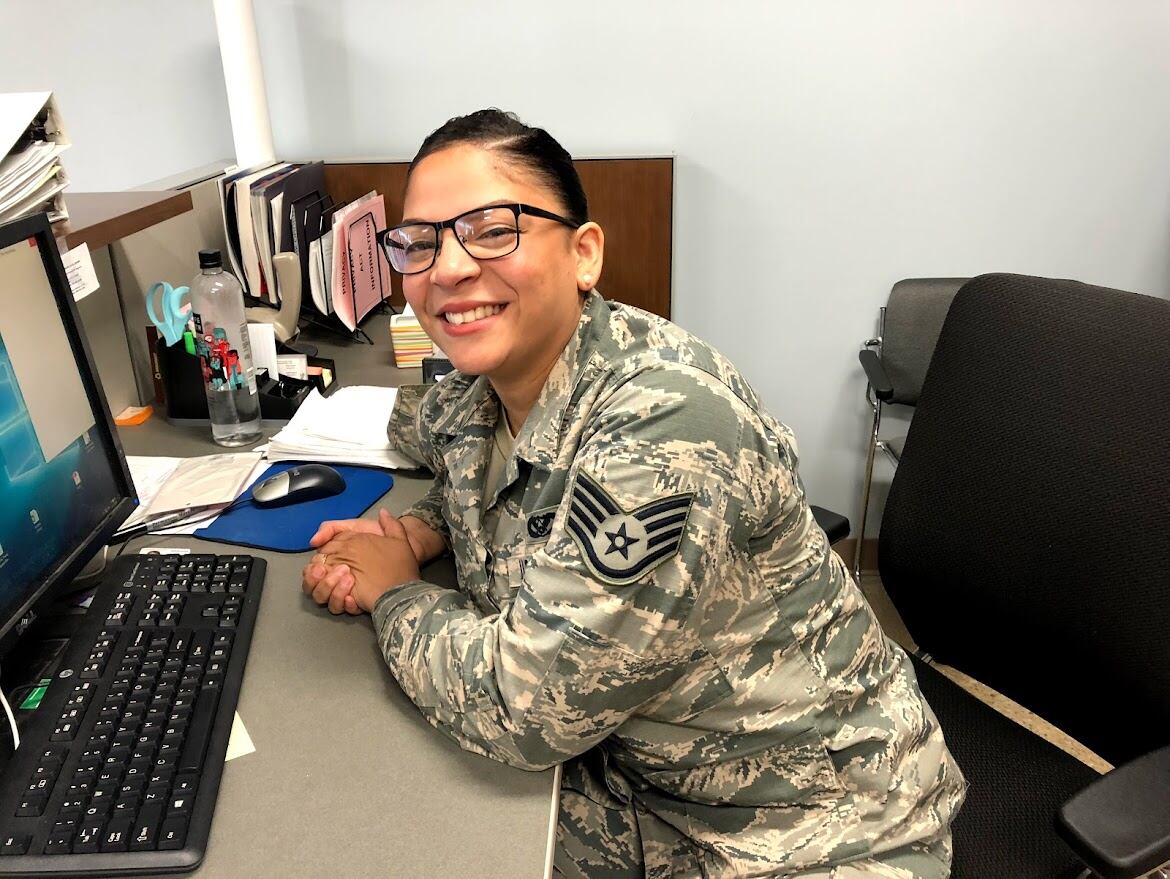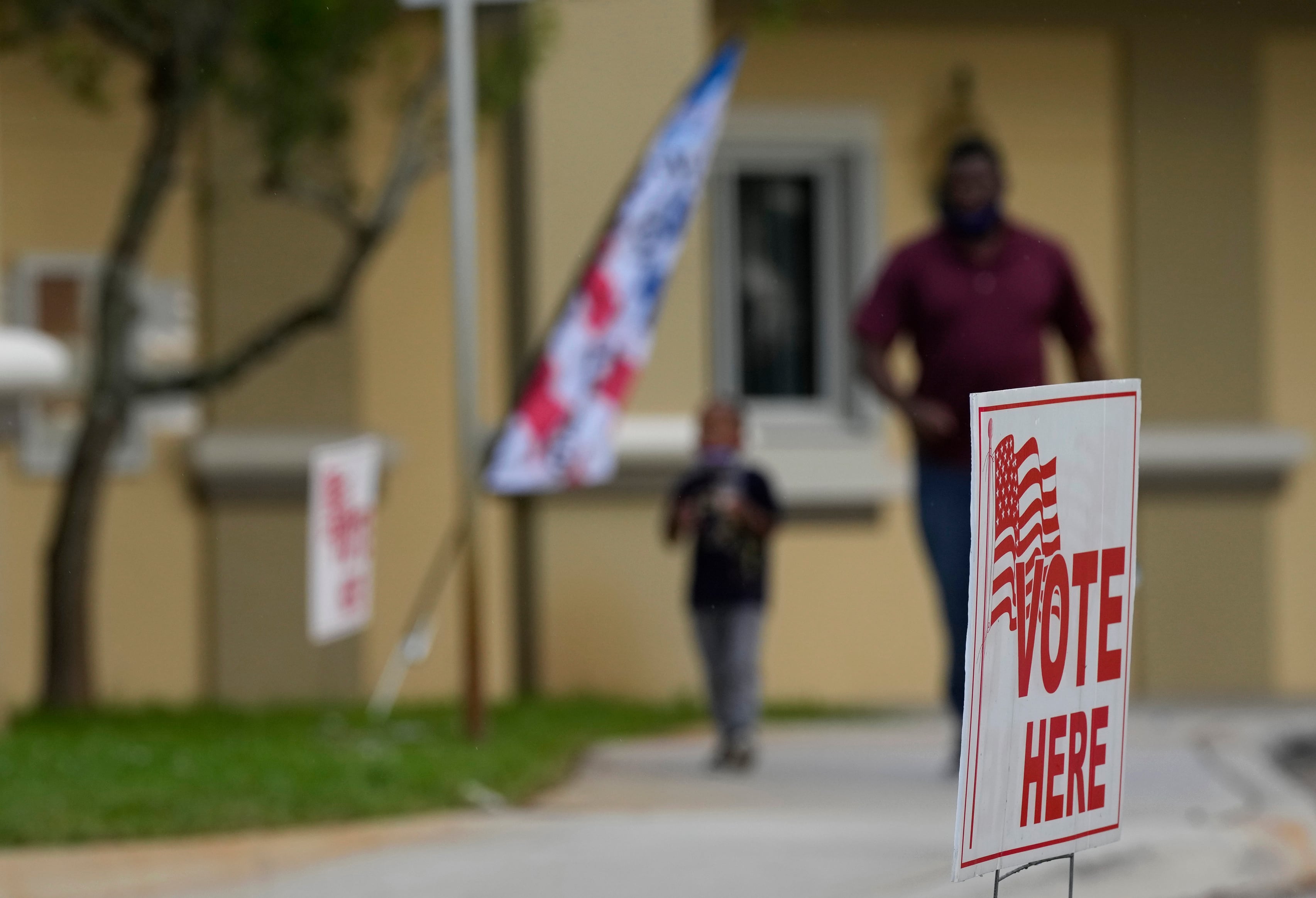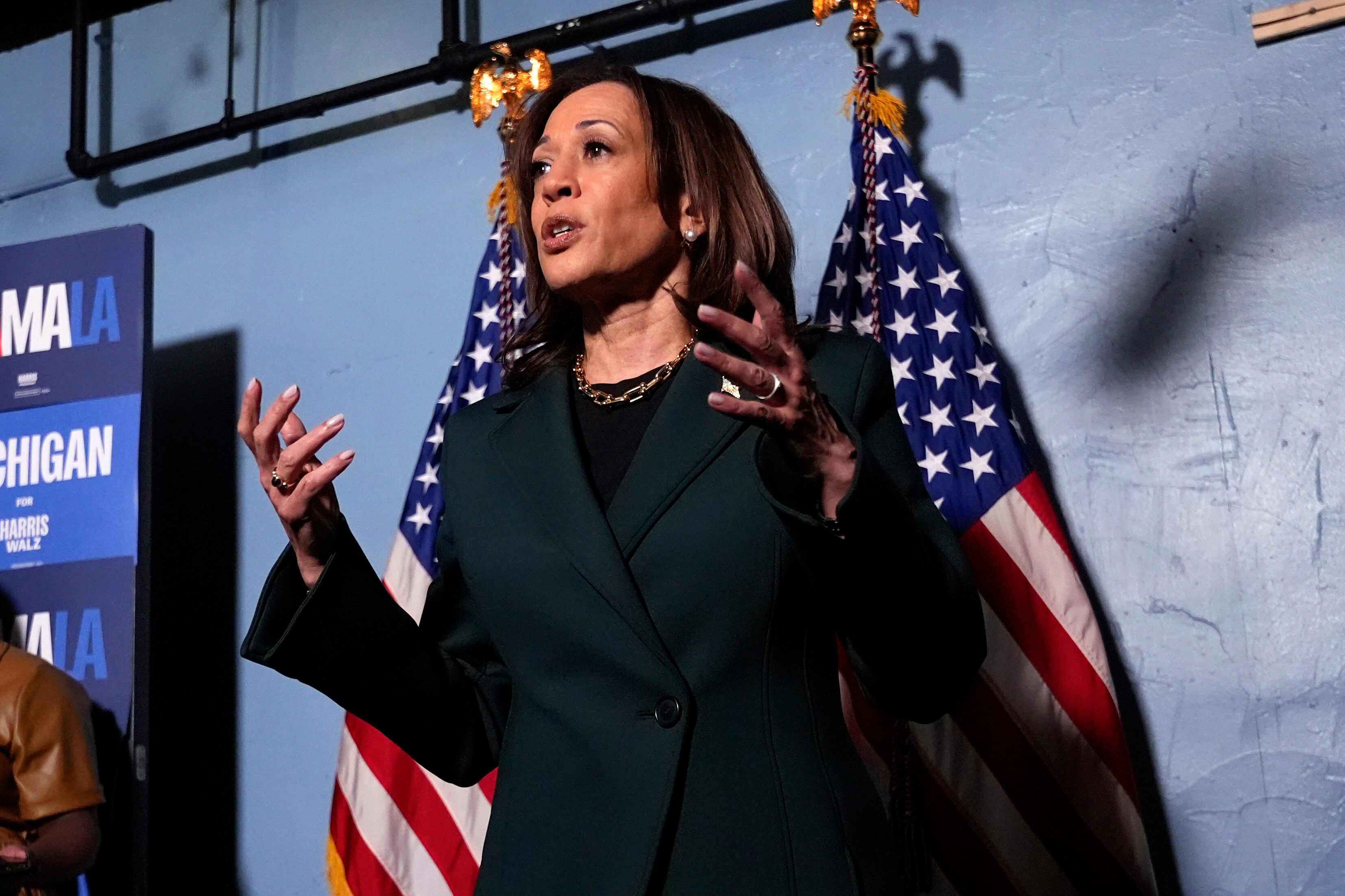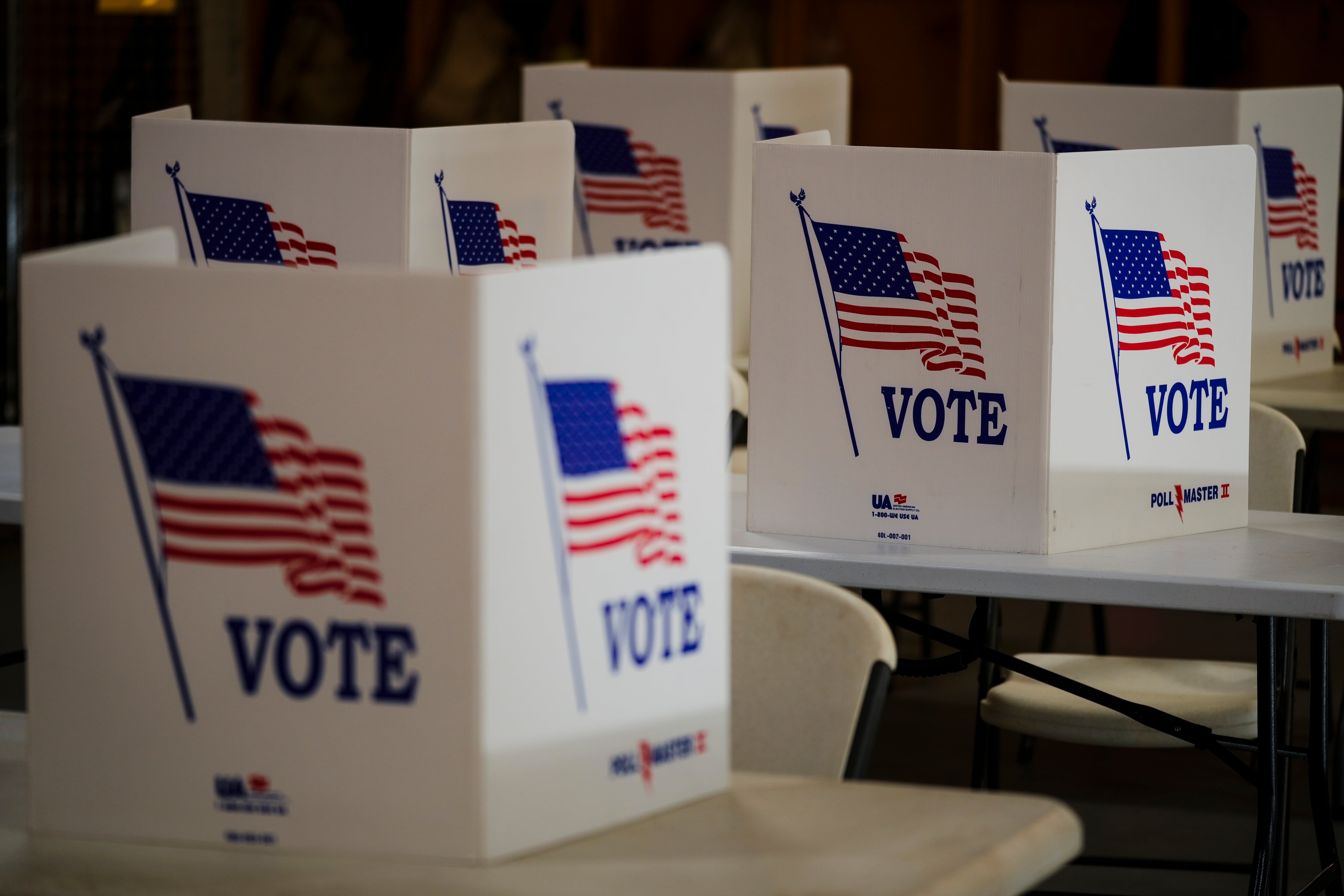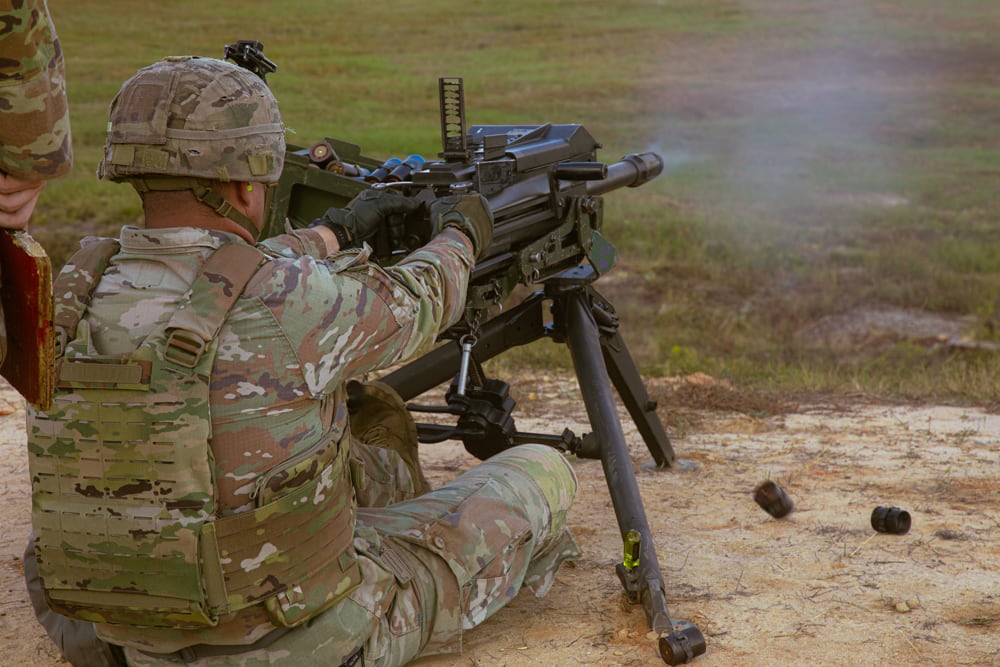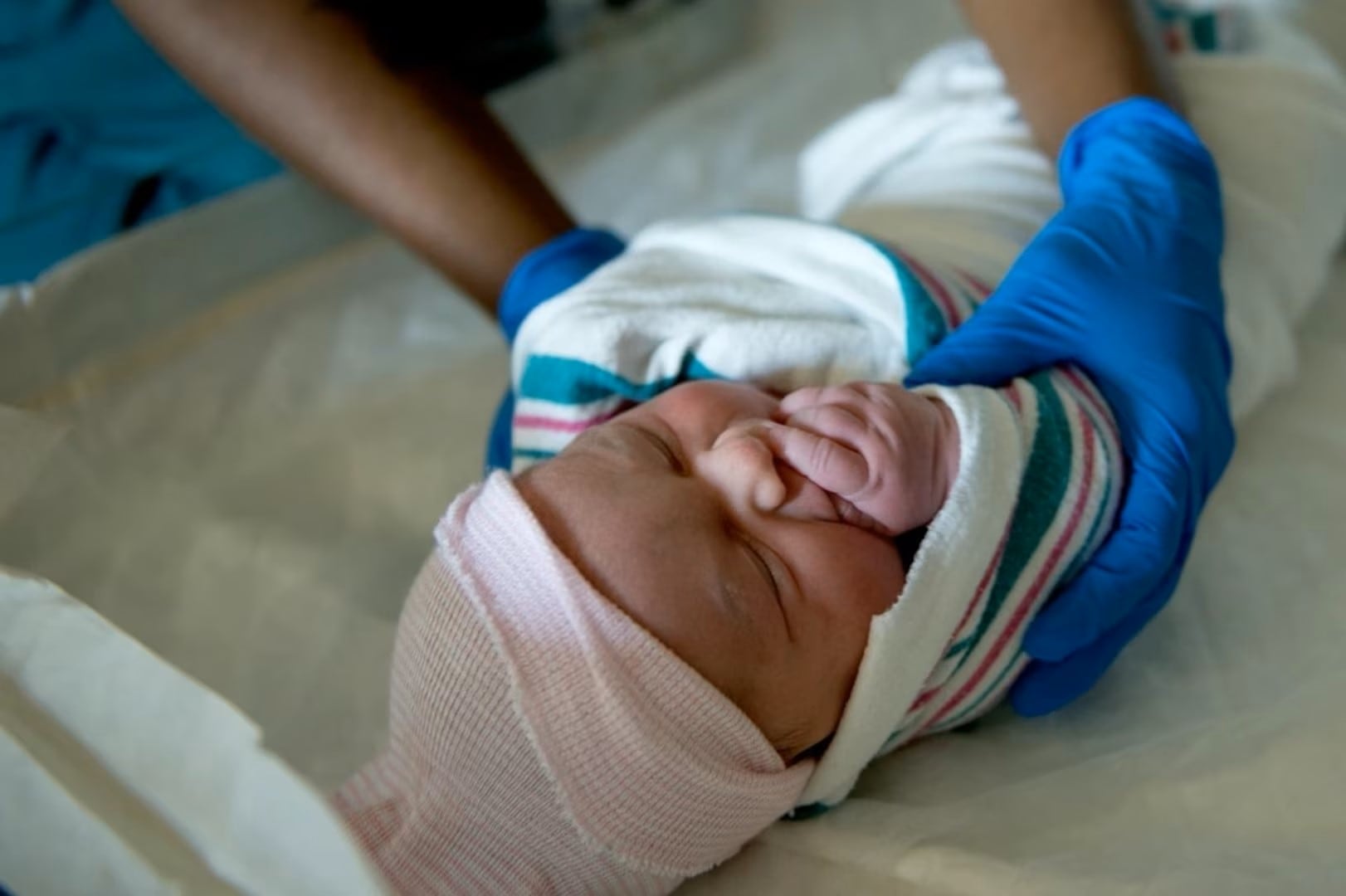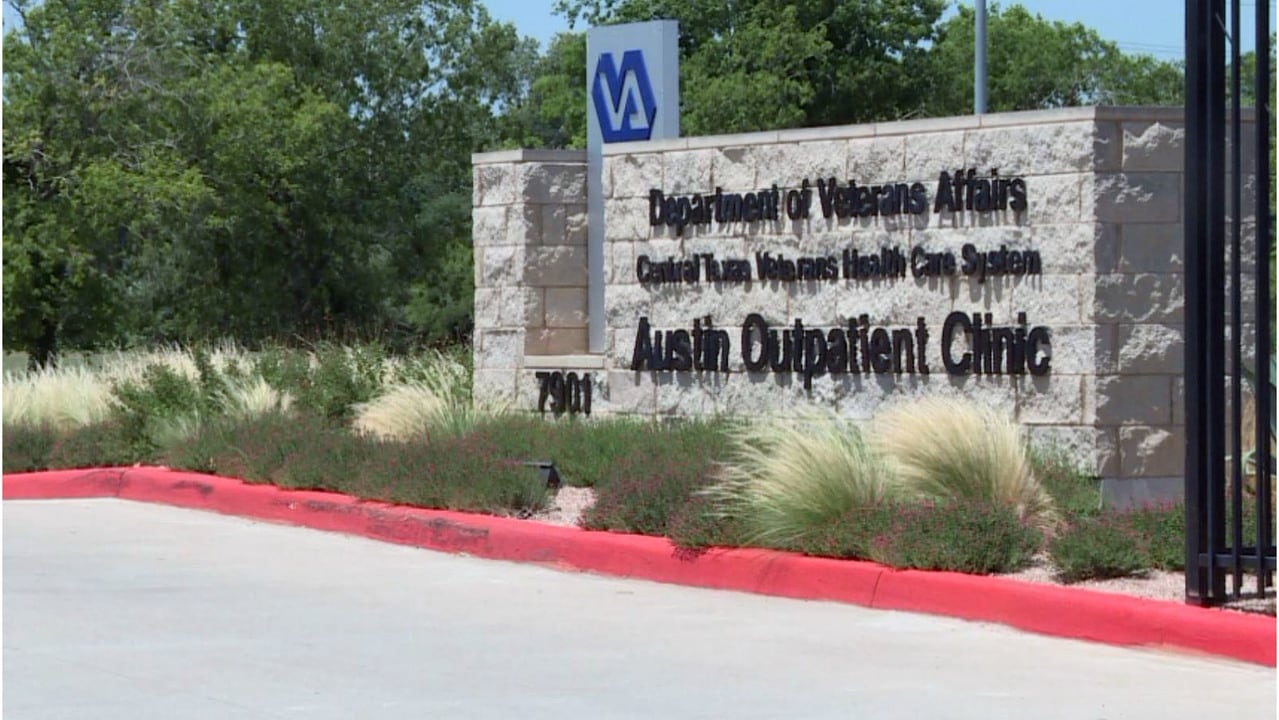In a first-of-its-kind program, Stephens College in Missouri is poised to begin the second year of Mission Promise Kept, a program that supports women veterans as they transition from military to college life.
“I will now have the opportunity to make things happen for myself and my family,” said Ashley Cole, who is one of the first women to go through the MPK. “And that’s where the difference is from any other program. The community, the safety, and the support. It’s life changing.”
Mission Promise Kept was eight years in the making, and the goal is to meet the unique needs of women veterans so they can avoid homelessness, underemployment and more, said Elizabeth Herrera, executive director of MPK.
Herrera, a veteran herself, said by meeting the academic, mental health, legal, medical and social services need of women veterans, the program is a safety net, helping them get back on their feet and transition successfully into civilian life. Mission Promise Kept recently received a $600,000 grant from the U.S. Department of Education, allowing them to fully develop and expand.
According to the Fedcap Group’s 15h Solution Series paper, Women Veterans Transitioning to Civilian Life, women are the “fastest-growing segment of the veteran population.” And they face unique challenges, when it comes to transitioning to civilian life, such as military sexual trauma and PTSD. There are also few programs that specifically target the women veteran population especially when it comes to things like mental health, employment, and childcare.
“We are eliminating barriers,” Herrera said. “And we are meeting women where they are, especially in these difficult times.”
Mission Promise Kept provides on-campus apartments, including with children; childcare support and school opportunities; a concierge service for help with legal matters, health care, job placement and more; diverse degree programs and more.
Amanda Shoemaker, who still serves in the Air Force Reserves, said she learned about MPK at a career fair and decided to enroll at Stephens. While the GI Bill covers her tuition, she has an apartment style room there with no roommate – plus all the support.
Under MPK, women pay college tuition and room and board (offset by GI Bill benefits, Herrera said) and they can also get college credit for classes or certifications they did while in the military.
Shoemaker is studying nursing and said while the first few months were a rough transition, she’s doing well now.
“Stephens College is an all-women’s college, so I feel so comfortable going back and forth to class,” said Shoemaker, 28. “It was a hard adjustment for the first couple of months but having the Mission Promise Kept definitely helped with my transition. I was able to move in some of my stuff early so I avoided moving my things multiple times which was a huge help. Elizabeth is always checking in and asking if I need anything.”
Nancy Brown, a retired vice admiral in the U.S. Navy, is a Stephens alumna and sits on the Board of Trustees. She said support like this for women vets makes all the difference in a successful transition.
“I understand the challenges a woman faces when she leaves the military,” Brown said. “Women vets are such an underserved population. While a lot of work has been done recently in this area, there are still inequities and challenges out there.”
A major challenge faced by many women vets is the lasting trauma of military sexual trauma or MST. According to National Veterans Homeless Support, one in four female service members will experience sexual assault or trauma during their career. And that’s just an estimate – much of it goes unreported.
The long-term consequences of MST are dire: Survivors deal with mental health issues and PTSD long after they leave service.
Cole, 34, can attest to that. She said when she first joined the Air Force, she wanted to do something to make her son proud. She loved working on air planes and received commendations for her work.
“I felt I had a strong purpose,” said Cole, who is studying business.
But then in 2017, she was sexually assaulted by a noncommissioned officer. She kept it quiet at first, but reported the assault in 2018. And eventually, after fighting the system, her request to reenlist was denied and she left the USAF.
“It was a slap in the face,” she said. “I did what I was supposed to do and I paid the price. I not only had to fight my attacker, I had to fight for my career. I was devastated to leave the military. I was good at my job.”
She met Elizabeth and they bonded over their military careers, and Cole said attending classes at Stephens is changing her life. She plans to start her own business when she graduates in 2024.
“I’m not going to lie, it was hard adjusting to civilian life,” she said. “Everything was different and I didn’t feel like I fit in anywhere. It was culture shock. I doubted myself and I was struggling. But with the support of MPK and Elizabeth, I translated my fears and feelings into action and I’m doing well now.”
Cole lives in an apartment at Stephens with her daughter and said the childcare has been a lifesaver, allowing her to focus on her studies. Her professors have also been very understanding, as she still deals with mental health issues after her assault and sometimes struggles with attending classes.
“After leaving the military I felt really small,” she said. “But I don’t feel that way now. I believe in myself.”
Editor’s note: This article has been updated to clarify the circumstances of Cole’s assault.
